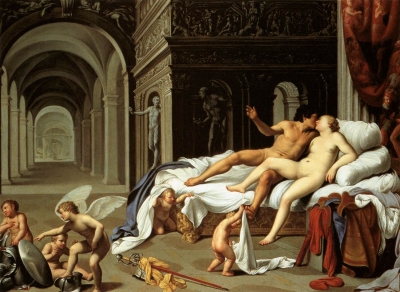
 |
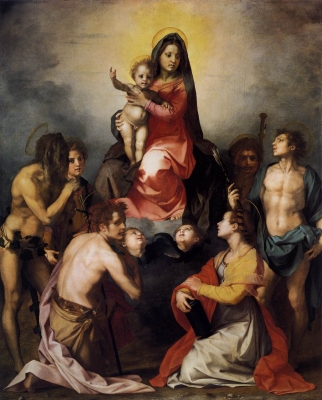 |
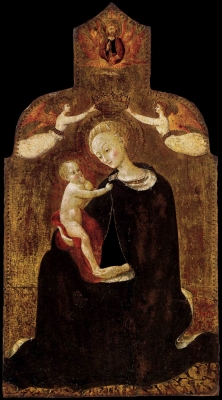 |
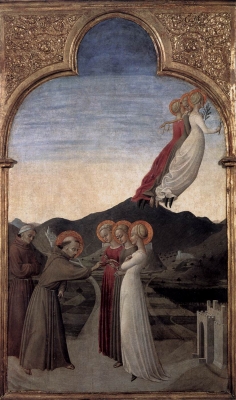 |
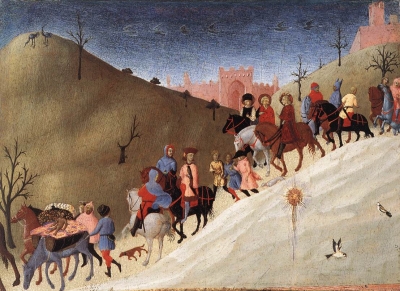 |
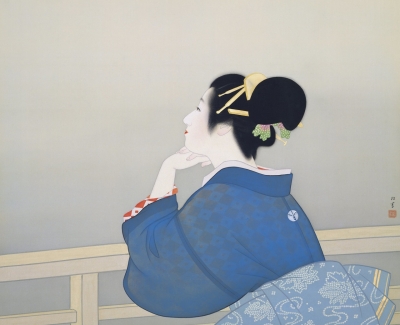 | Uemura SCHOEN - femme attendant le lever de la lune | Uemura SCHOEN - femme attendant le lever de la lune (E) ... |
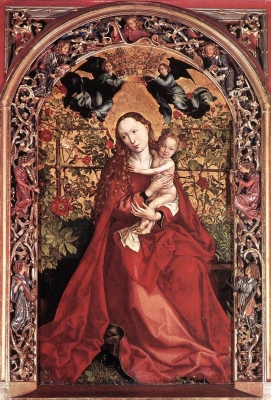 |
 - Hungarian National Gallery The Visitation, From Selmecbanya 1506Details Master MS, Marten Schwartz Tempera on limewood, 139,5 x 94,7 cm Hungarian National Gallery, Budapest @@@.jpg) | Marten SCHWARTZ Master MS - VisitationThe painting entitled "The Visitation" depicts the meeting of the two saints, the Virgin Mary and St. Elizabeth, with poetic intimacy: Elizabeth recognizes Mary as the mother of God and kisses her hand. The idyllic landscape, which is in harmony with the figures, further enhances the poetic mood of the picture. The iconographic representation of the Visitation, in which the two saints meet in the open air, rather than in Elizabeth's house, first became popular in the painting and book illuminations of Netherlandish artists. The flowers iris and the peony shown in the foreground are the symbols of Mary. However, while in the paintings of Rogier van der Weyden, for example, the earlier mentioned flowers were modestly hidden in the meticulously painted grass, in Master M S's work they become the corner-stones of the composition. The representation of these flowers suggest the direct study of nature, which could have been associated with the wide spread of herbariums. | Marten SCHWARTZ Master MS - Visitation (E) The painting entitled "The Visitation" depicts the meeting of the two saints, the Virgin Mary and St. Elizabeth, with poetic intimacy: Elizabeth recognizes Mary as the mother of God and kisses her hand. The idyllic landscape, whic ... |
_-_Land_van_Bathseba_ca_1540-1545.jpg) |
_-_Triptych_with_The_Entry_of_Christ_into_Jerusalem,_saints_and_on_the_outside_of_the_wings,_patrons_of..._-_Google_Art_Project_(27855139).jpg) |
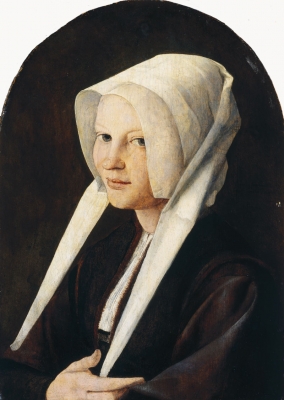 | (E) ... |
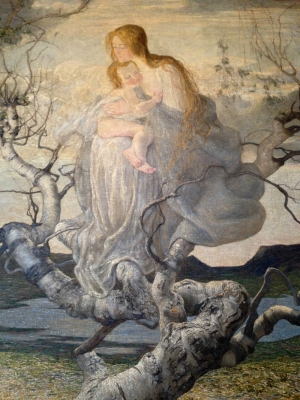 |
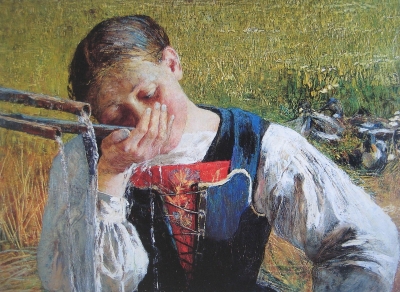 |
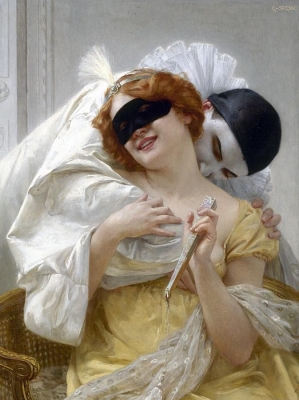 | Pierrot's Embrace | Pierrot's Embrace (E) ... |
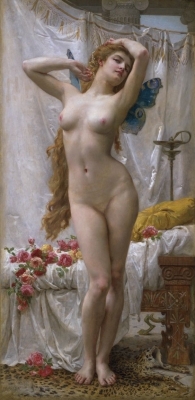 |
.jpg) |
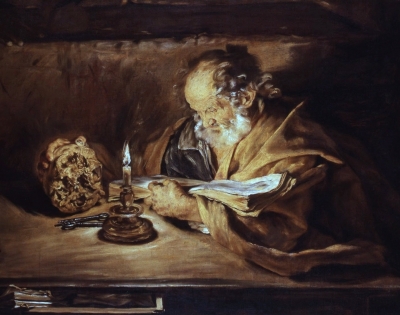 |
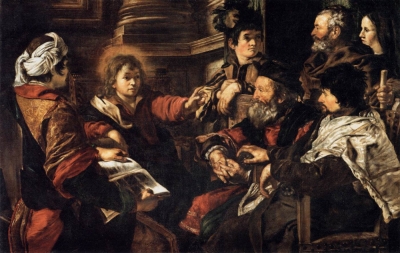 | Giovanni SERODINE - Jesus façe aux docteurs de la loi | Giovanni SERODINE - Jesus façe aux docteurs de la loi (E) ... |
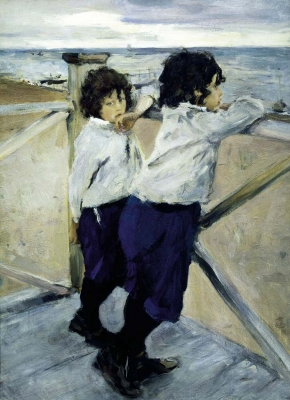 |
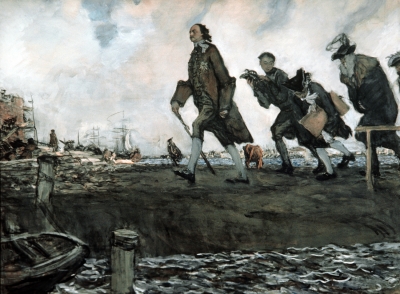 | (E) ... |
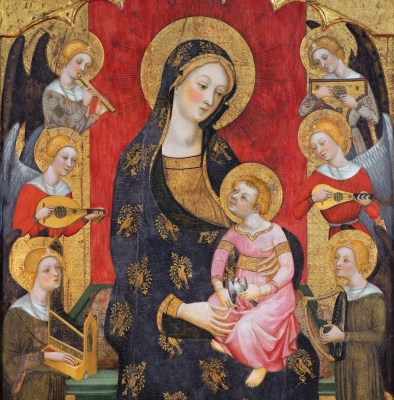 | Pere SERRA (1357-1406)Pere Serra was a painter in Gothic-Italian style, who was active in Catalonia in 1357-1406. He was born into a family of painters, including his brothers Jaume, Francesc and Joan. Like most of the Catalan painters of the period, he was influenced by the contemporary Italian painting, especially from Siena. He entered the workshop of Ramón Destorrents in 1357 and, together with his brothers, painted the altarpiece of the monastery of Santa María de Sigena, now in the Museu Nacional d'Art de Catalunya in Barcelona. Other works from Pere Serra include the Arrival of the Holy Spirit in the cathedral of Manresa (1394), considered his masterwork, an altarpiece with Saints in the Monastery of Sant Cugat (1375), a Virgin with Six Musician Angels and Annunciation in the Pinacoteca di Brera in Milan. | Pere SERRA (1357-1406) (E) Pere Serra was a painter in Gothic-Italian style, who was active in Catalonia in 1357-1406. He was born into a family of painters, including his brothers Jaume, Francesc and Joan. Like most of the Catalan painters of the period, he was ... |
 - reunion de bretonnes dans le bois sacre.jpg) | (E) ... |
.jpg) | Georges SEURAT - après midi sur l'ile de la Jatte | Georges SEURAT - après midi sur l'ile de la Jatte (E) ... |
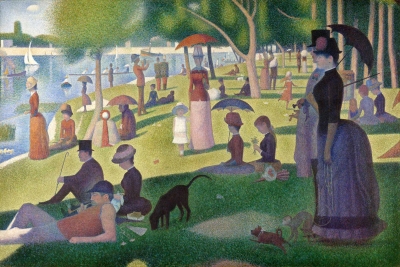 |
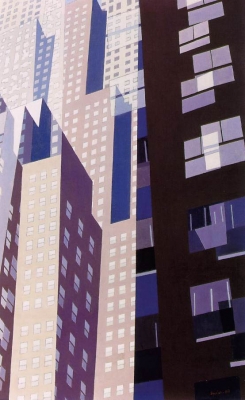 |
 - Woman Waiting For The Moon To Rise 1944 Adachi Museum of Art.jpg) | Uemura SHOEN - femme attendant la levée de la luneShoen Uemura naît à Kyoto (Japon) en 1875. Elle étudie l’art à la Kyoto Prefectural School of Art. Son talent est très vite reconnu par ses professeurs et sa percée (en tant que femme) exceptionnelle pour l’époque. En 1900 elle remporte son premier prix. De 1917 à 1922, elle s’éloigne du monde artistique. C’est en 1924 qu’elle expose à nouveau. En 1941 elle est la 1ère artiste femme invitée à rejoindre l’Imperial Art Academy. En 1944 elle est nommée peintre à la Cour. En 1948 elle est la 1ère femme à être récompensée par la prestigieuse Japan's Order of Culture et son oeuvre reconnue comme bien culturel important. Elle meurt en 1949. Jo No Mai (1936), Shoen Uemura | Uemura SHOEN - femme attendant la levée de la lune (E) Shoen Uemura naît à Kyoto (Japon) en 1875. Elle étudie l’art à la Kyoto Prefectural School of Art. Son talent est très vite reconnu par ses professeurs et sa percée (en tant que femme) exceptio ... |
 - le magicien felix feneon.jpg) | (E) ... |
 - pieta.jpg) | (E) ... |
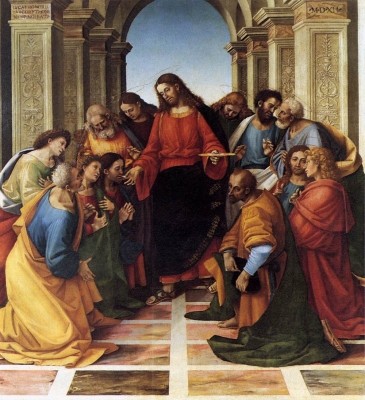 |
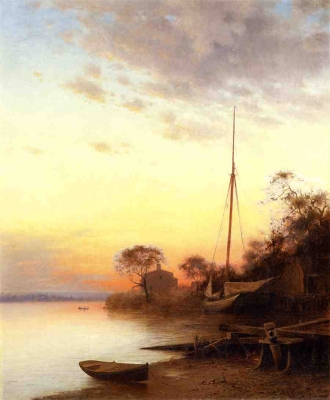 |
. Ateneum Art Museum, Helsinki, Finland.jpg) |
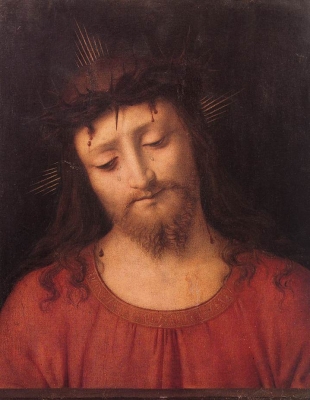 |
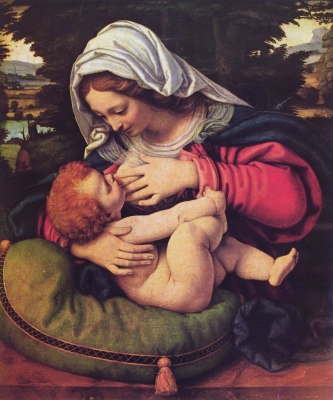 |
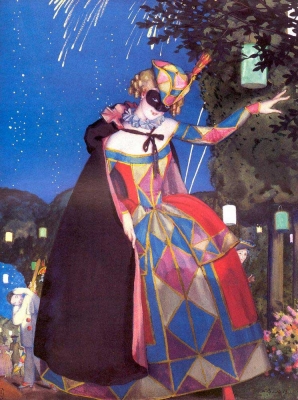 |
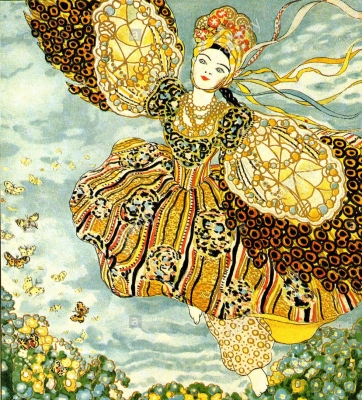 |
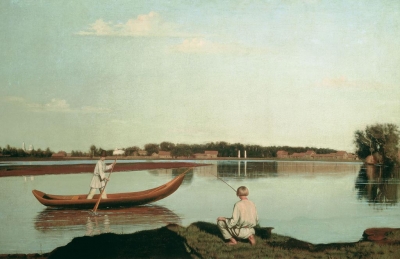 |
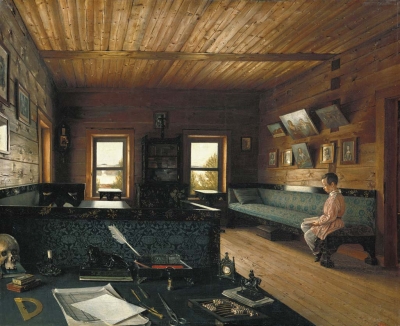 |
 - oratoire de france.jpg) |
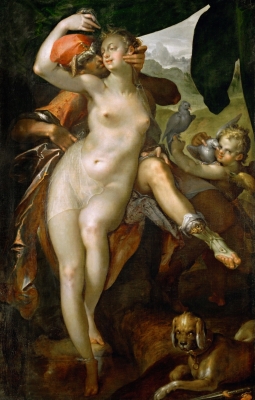 |
 - le rameur-2.jpg) |
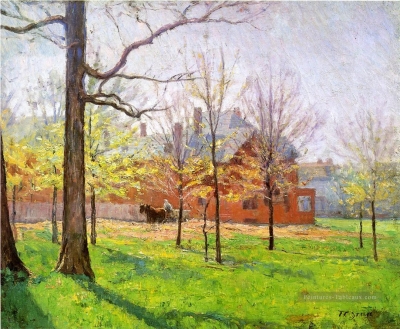 |
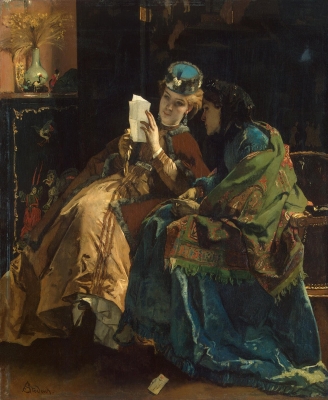 |
. Museum of Fine Arts, Boston MA.jpg) |
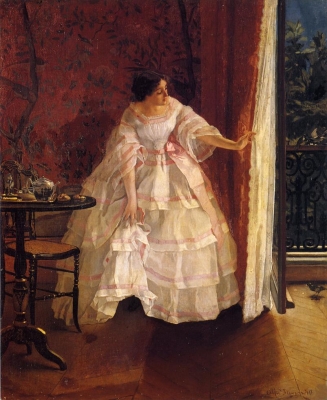 |
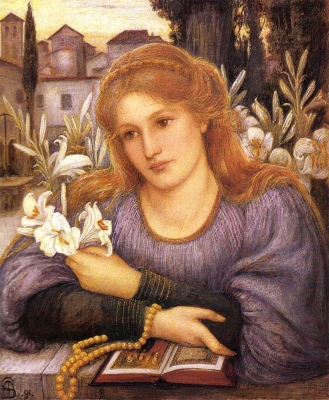 |
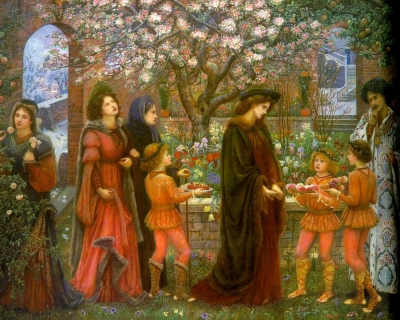 |
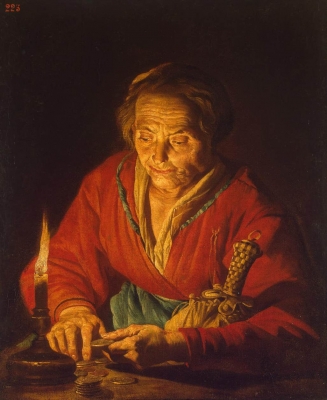 |
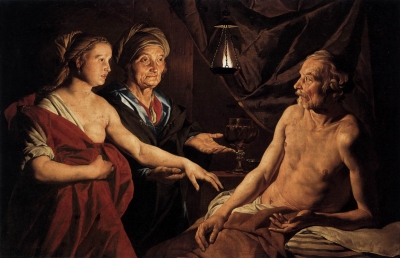 |
. 1644. Oil on canvas. Musee de l Oeuvre Notre-Dame, Strasbourg, France.jpg) |
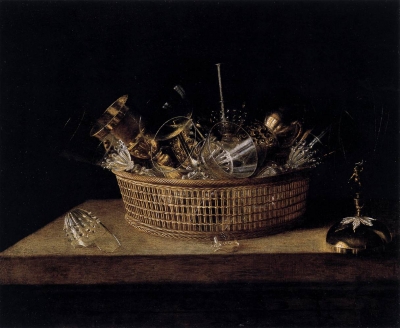 |
 - berezina.jpg) | Bernard-Edouard SWEBACH - Berezina« Il y avait ce tableau de Bernard-Edouard Swebach [...] On y voyait un cuirassier assis sur la croupe de son cheval couché. L'homme avait l'air désespéré. Il regardait ses bottes. Il savait qu'il n'irait pas plus loin. Dans son dos, une colonne de malheureux traînant, à l'horizon. Mais c'était le cheval qui frappait. Il reposait sur le verglas. Il était mourant - peut-être déjà mort. Sa tête était couchée délicatement sur la neige. Son corps était une réprobation : Pourquoi m'avez-vous conduit ici ? Vous autres, Hommes, avez failli, car aucune de vos guerres n'est celle des bêtes ». Berezina, p 153 | Bernard-Edouard SWEBACH - Berezina (E) « Il y avait ce tableau de Bernard-Edouard Swebach [...] On y voyait un cuirassier assis sur la croupe de son cheval couché. L'homme avait l'air désespéré. Il regardait ses bottes. Il savait qu'il n'irait p ... |